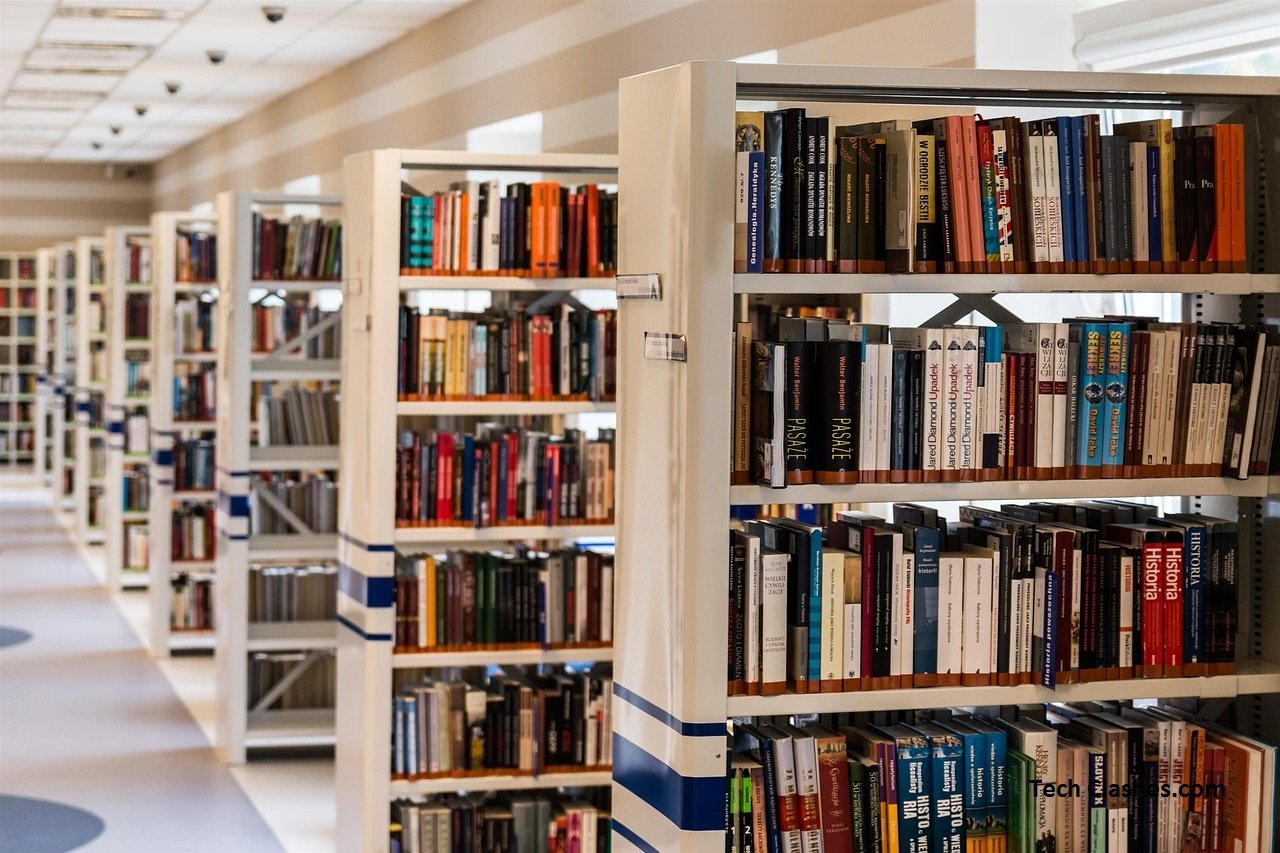Battling Education Inequality: Strategies for a Fair System In reality, as we know it where training is much of the time promoted as the extraordinary adjuster, the distinct reality endures — schooling imbalance wins, making aberrations that prevent equivalent admittance to quality learning open doors. This article sets out an investigation of the multi-layered issue of instruction disparity, diving into the variables adding to its presence, the effect it has on understudies, and, most urgently, the significant techniques expected to fabricate a fair and comprehensive schooling system.
Presentation
Instruction imbalance, an inescapable issue influencing understudies around the world, raises worries about the reasonableness and inclusivity of our schooling systems. The need to resolve this issue isn’t simply a question of civil rights; education it’s a basic prerequisite for sustaining a general public where each individual has an equivalent opportunity at progress. In this article, we’ll analyze the layers of schooling imbalance, offering experiences into its underlying drivers, the ramifications for understudies, and, in particular, methodologies that can prepare for a fair and simply instructive scene.
Grasping Training Imbalance
The financial status of understudies plays a vital part in deciding the nature of the training they get. Understudies from wealthy foundations frequently partake in a heap of benefits, including very much financed schools, admittance to extracurricular exercises, and extra instructive assets.
Geographic Differences
The topographical area of schools presents one more layer of disparity. Rustic regions, specifically, face difficulties in drawing in experienced educators, colleges offering assorted courses, and giving the essential foundation to viable learning.
Racial and Ethnic Differences
Despite progress in advancing inclusivity, racial and ethnic aberrations endure inside school systems. One-sided educational programs, generalizations, and inconsistent open doors add to a lopsided battleground for understudies of various racial and ethnic foundations.
Scholastic Execution Errors
Training disparity shows straightforwardly in scholarly execution holes. Understudies confronting variations in assets and open doors battle to contend on neutral ground with their more special partners, affecting their scholastic accomplishments.
Long haul Results
The repercussions of inconsistent training reach out a long way past the study hall. Restricted admittance to quality training hampers future professions and opens doors, curriculum propagating a pattern of weakness and thwarting social versatility.
Methodologies for a Fair Schooling System
Diverting subsidizing to schools in need is an urgent move toward evening the odds. Evenhanded appropriation of assets guarantees that each understudy, no matter what their financial foundation, approaches quality teachers, offices, and instructive devices.
Admittance to Quality Schooling
Executing arrangements that assure equivalent admittance to quality training is fundamental. This incorporates extending progressed situation programs, giving extracurricular open doors, and guaranteeing a different scope of courses.
Local area Association
Mentorship Projects
Laying out mentorship programs interfaces understudies with experienced people who can direct and rouse them. This gives significant experiences as well as helps overcome any barrier between the special and the oppressed.
Encouraging groups of people
Local area-driven encouraging groups of people assume a significant part in giving extra assets to understudies confronting difficulties. These organizations offer coaching, trade school vocational direction, and consistent reassurance, making a more comprehensive emotionally supportive network.
Innovation Reconciliation
Connecting the Computerized Separation
Coordinating innovation with training can connect the advanced separation. Guaranteeing that all understudies approach online assets and learning devices is fundamental for establishing a comprehensive learning climate.
Internet Learning Assets
Extending Internet learning assets gives understudies extra roads for instruction. From virtual study halls to advanced libraries, innovation can democratize admittance to data, offering adaptability and custom-made opportunities for growth.
Contextual analyses
Effective Executions
Analyzing contextual analyses of schools or districts that have effectively executed these systems gives substantial instances of progress in combating training imbalance. These contextual analyses act as encouraging signs, in early childhood education that it is attainable to display that positive change.
Positive Results
Featuring positive results coming about because of these systems builds up the thought that change is conceivable. Worked on scholarly execution, expanded graduation rates, and improved professional possibilities are attainable objectives with the right mediations.
Difficulties and Road obstructions
Protection from Change
Notwithstanding the clear advantages of these procedures, protection from change inside school systems can represent a huge test. Defeating regulatory obstacles and instilled rehearses requires steadiness and an aggregate obligation to change.
Financing Issues
Executing approaches and projects requires satisfactory subsidizing. Tending to finance issues and getting continuous help is essential for the supported progress of drives pointed toward lessening schooling imbalance.
Defeating Snags
Backing and Mindfulness
Backing and bringing issues to light about the significance of combating instruction disparity are vital stages. Enabling people to support the reason can prompt boundless help, and dental hygienist schools encourage a feeling of aggregate liability.
Cooperative Endeavors
Conquering hindrances requires cooperative endeavors from teachers, policymakers, networks, and people. By cooperating, we can make a groundswell of progress that rises above individual endeavors, having a more massive effect.
Future Standpoint
Nonstop Improvement
Making a fair school system is a continuous cycle. Constant improvement, transformation, and gaining from the two triumphs and disappointments are essential for supported progress. A pledge to develop methodologies in light of the advancing necessities of society guarantees the pertinence and viability of endeavors.
Developing Systems
As cultural elements develop, so should our systems. Staying adaptable and open to new methodologies guarantees that our endeavors stay applicable and successful even with evolving difficulties. The excursion towards a fair schooling system is dynamic and requires versatility.
All in all, engaging in training disparity requests a complex methodology. From strategy changes and local area contributions to embracing innovation, every procedure assumes a significant part in making a fair school system. It is an aggregate liability, and through supported endeavors, we can prepare for a future where each understudy has an equivalent opportunity at progress.



